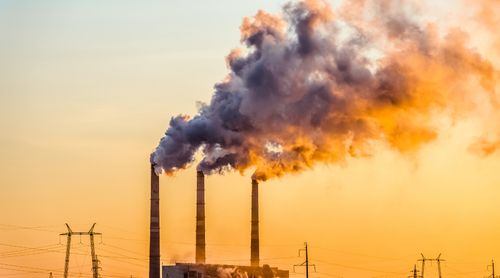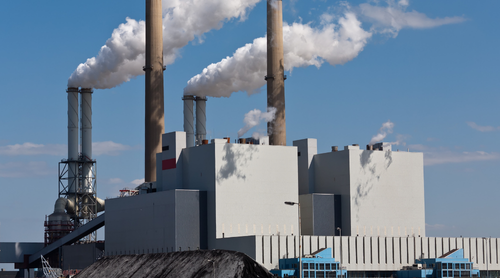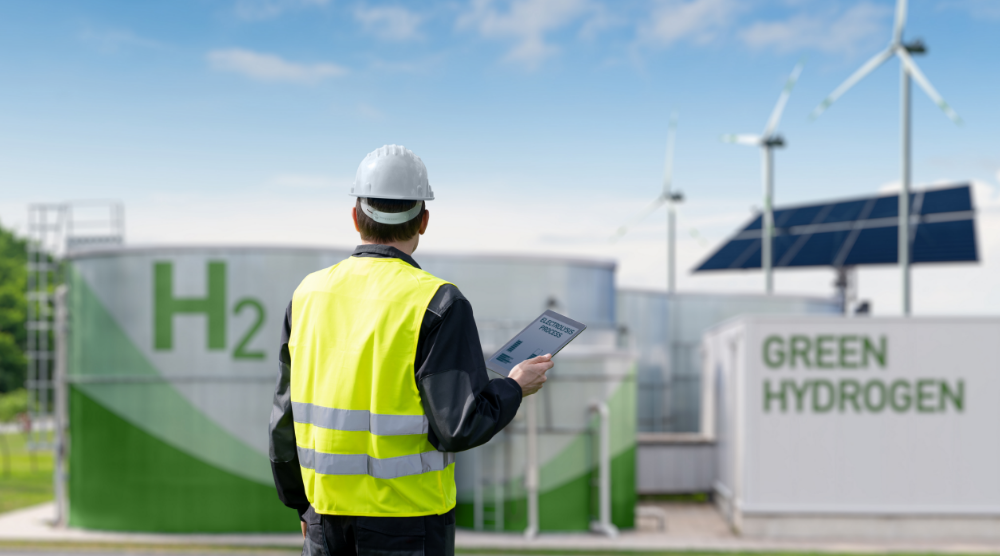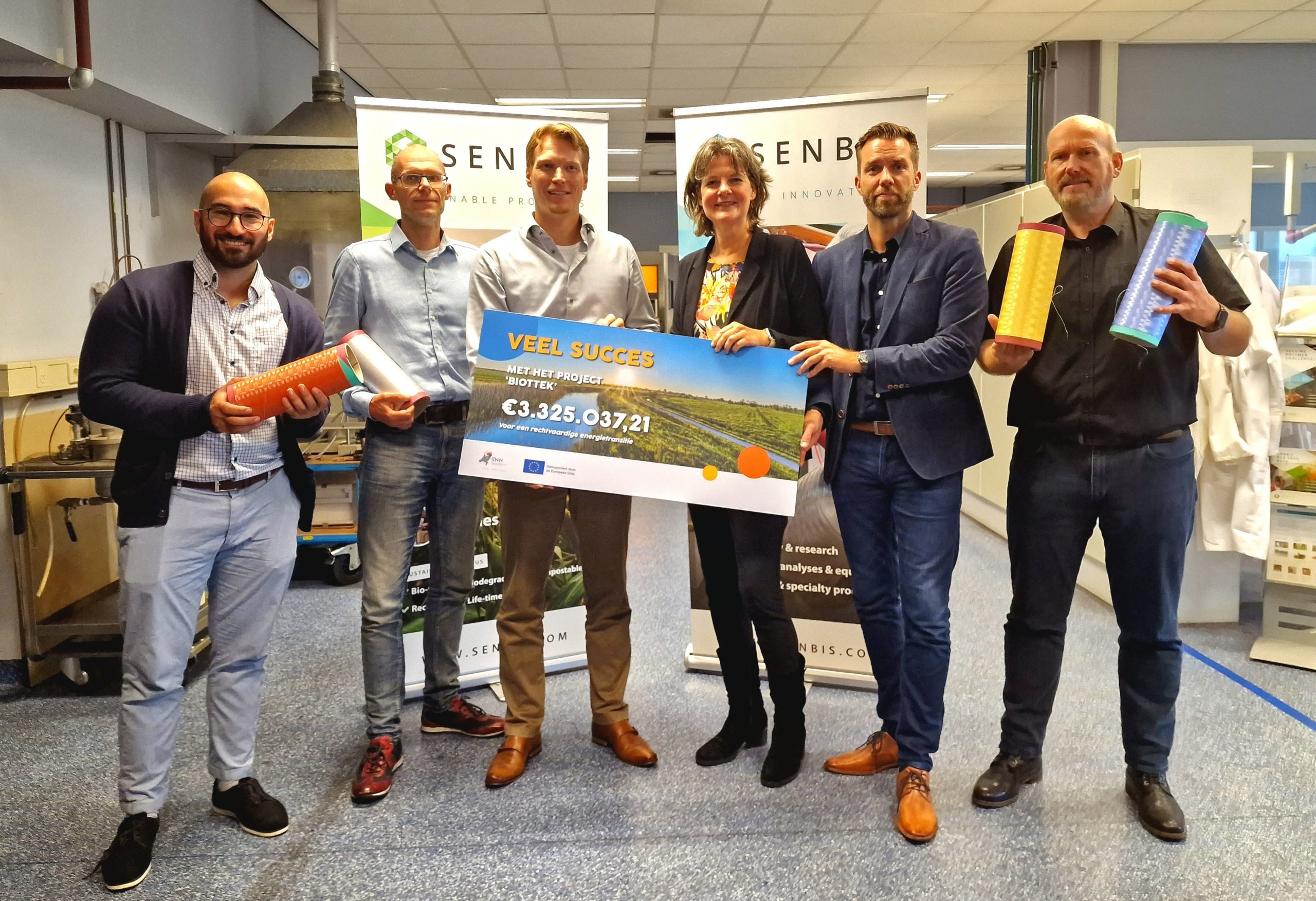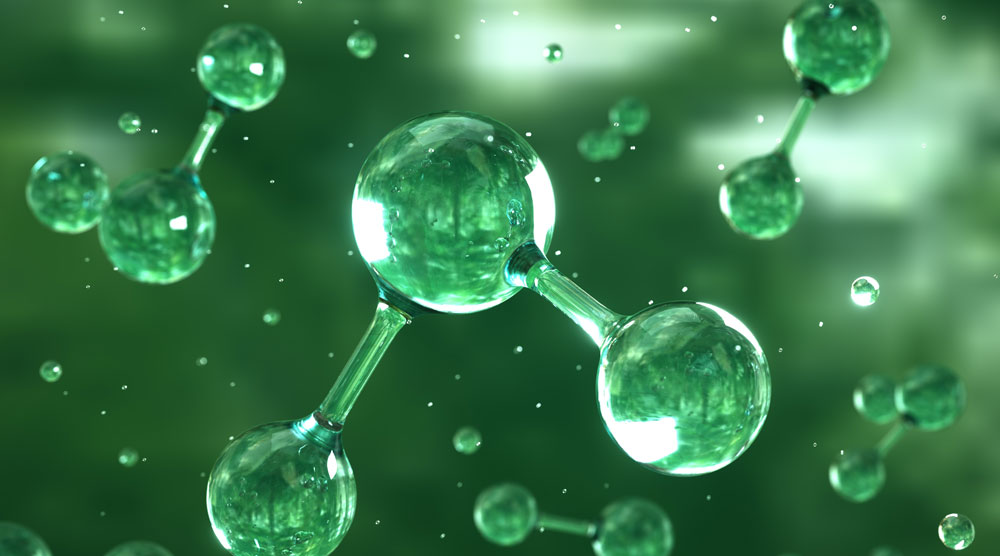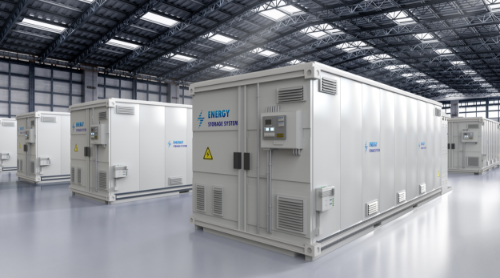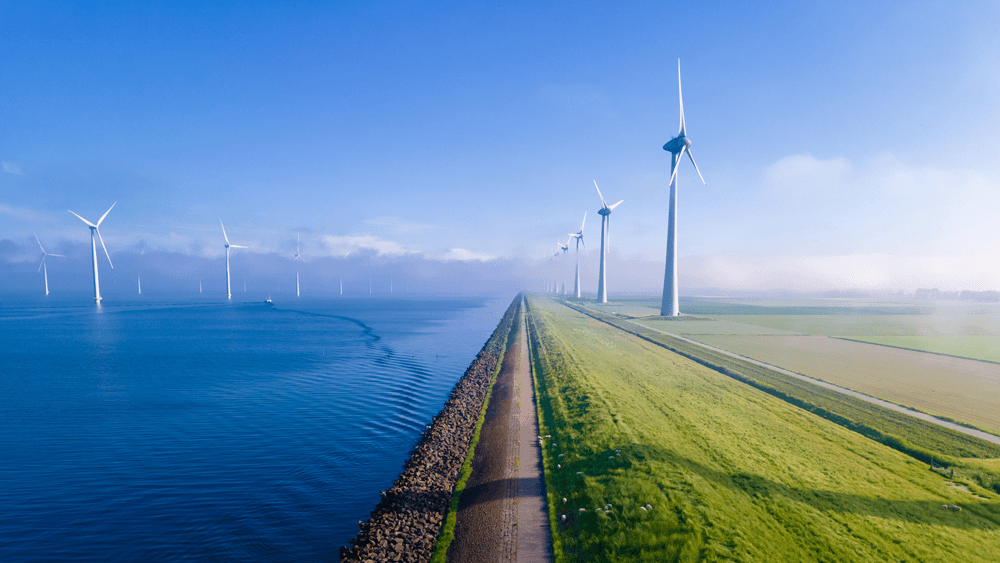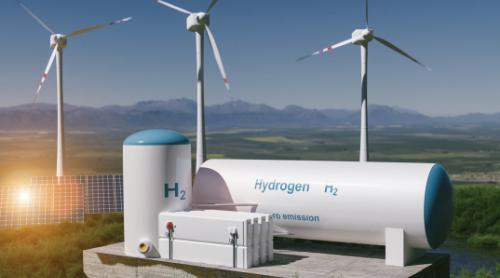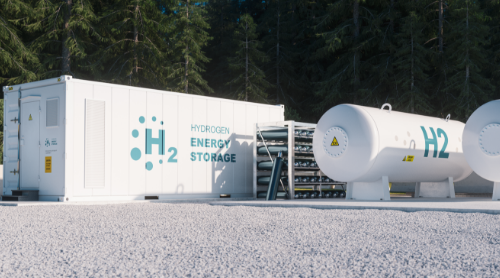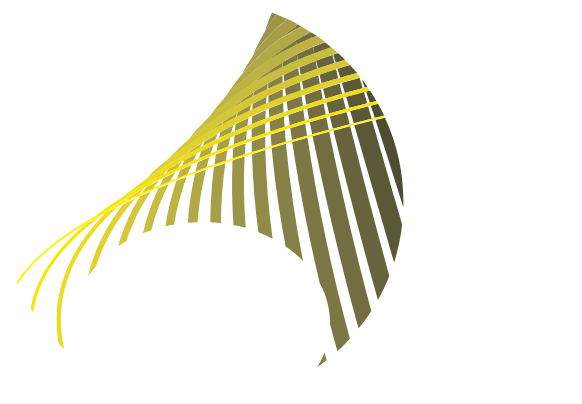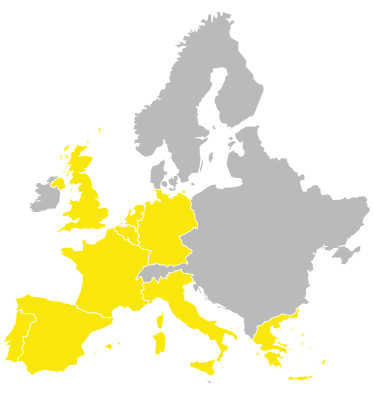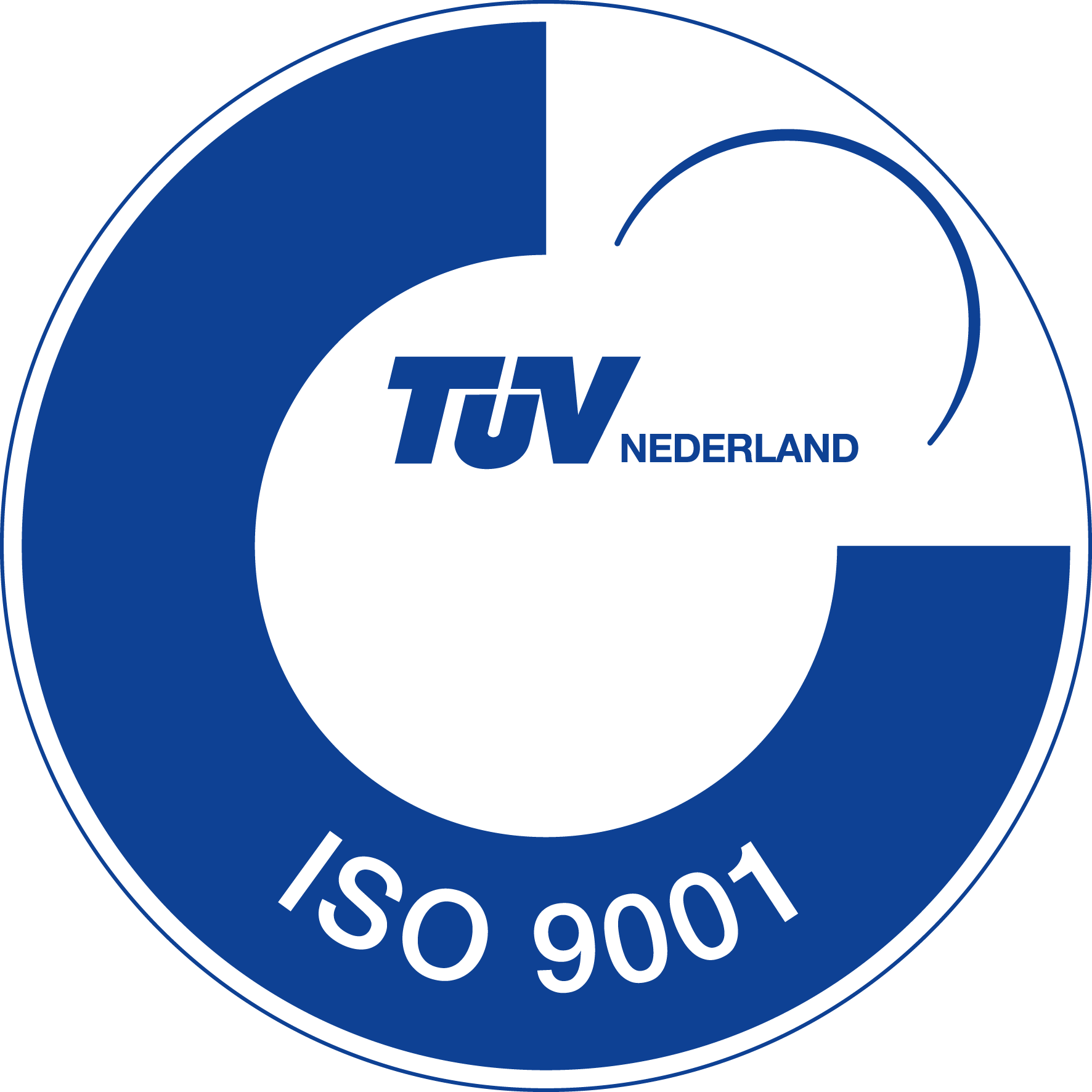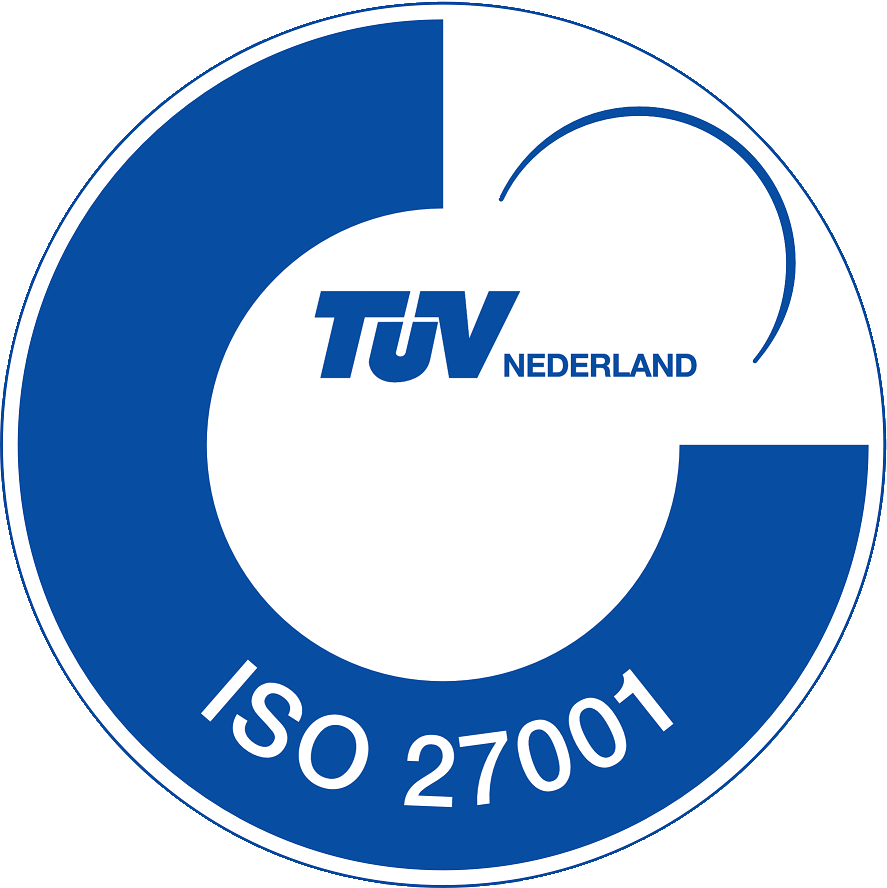Circular plastic: closing the cycles
The main goal of the new innovation programme Circular Plastics NL (CPNL) is to make plastics fully circular. The programme runs from 2023 to 2030 and is supported by the Dutch Nationaal Groeifonds (National Growth Fund), with a contribution of some 220 million euros (of which 96 million is conditional). In order to close the cycles for existing plastics, CPNL focuses on eight bottlenecks in different value chains:
- system integration and design (including microplastics)
- characterization, sorting and washing
- mechanical recycling or dissolution recycling of polyolefin packaging
- recycling of styrene-based materials
- chemical depolymerization
- thermochemical recycling
- Brightlands Circular Space (BCS)
- incubator: knowledge/training/research
Grants schemes will become an important part of the CPNL programme. In 2023, CPNL is starting two open calls for proposals. The official publication of these calls in the Staatscourant (Dutch Government Gazette) is in October. In anticipation, we will now briefly go over the main points of each call.
RVO call for research projects or showcases
The first call is a tender that will be issued by the Netherlands Enterprise Agency (RVO). Within this call – open for proposals from 12 October 2023 until 11 January 2024 – companies and/or knowledge institutions can submit proposals for:
- Research projects (maximum four years): scientific research into processes, methodologies or techniques aimed at improving the design, characterization/sorting/washing and recycling of plastic waste streams, in order to improve the efficiency of the recycling processes and the quality of the recyclate).
- Showcases (maximum five years): projects that focus on a particular material and aim to remove bottlenecks in a specific value chain. This is done using the themes design, characterization/sorting/washing and recycling (technology).
The amount of the grant contribution is determined per project (partly based on the type of project and the size of the parties involved). As an indication: the grant for industrial research typically reimburses 50-70%, for experimental development 25-45% and for demonstration projects 40-60%. The formation of a consortium is recommended; the consortium should cover the full chain in a circular value chain from waste collection, recycling, polymer production and final product manufacturing. A company can have multiple roles, but cooperation within the value chain will be required.
NWO call for scientific research proposals
The other call will be issued by the Netherlands Organization for Scientific Research (NWO). This call, part of the CPNL Incubator programme, is looking for proposals from universities, colleges and TO2 institutions. To be able to apply, there must be a public-private partnership (PPP), with private partners providing a minimum of 10% co-funding. This NWO-call has a grant budget of 6 million euros (for ten projects). Deadline: 16 januari 2024.
What can we do for you?
PNO Chemistry’s experts will be happy to assist you to prepare your application (and your consortium!) in good time. Let us know what your plans or ideas are, and we will be happy to think along with you! Call us at 088-8381381 or send a message.
